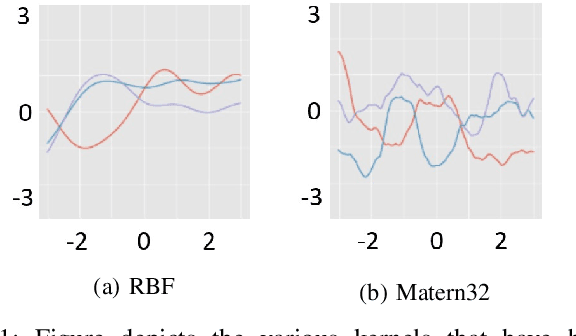Apoorv Jain
Towards Credit-Fraud Detection via Sparsely Varying Gaussian Approximations
Jul 14, 2020


Abstract:Fraudulent activities are an expensive problem for many financial institutions, costing billions of dollars to corporations annually. More commonly occurring activities in this regard are credit card frauds. In this context, the credit card fraud detection concept has been developed over the lines of incorporating the uncertainty in our prediction system to ensure better judgment in such a crucial task. We propose to use a sparse Gaussian classification method to work with the large data-set and use the concept of pseudo or inducing inputs. We perform the same with different sets of kernels and the different number of inducing data points to show the best accuracy was obtained with the selection of RBF kernel with a higher number of inducing points. Our approach was able to work over large financial data given the stochastic nature of our method employed and also good test accuracy with low variance over the prediction suggesting confidence and robustness in our model. Using the methodologies of Bayesian learning techniques with the incorporated inducing points phenomenon, are successfully able to obtain a healthy accuracy and a high confidence score.
 Add to Chrome
Add to Chrome Add to Firefox
Add to Firefox Add to Edge
Add to Edge